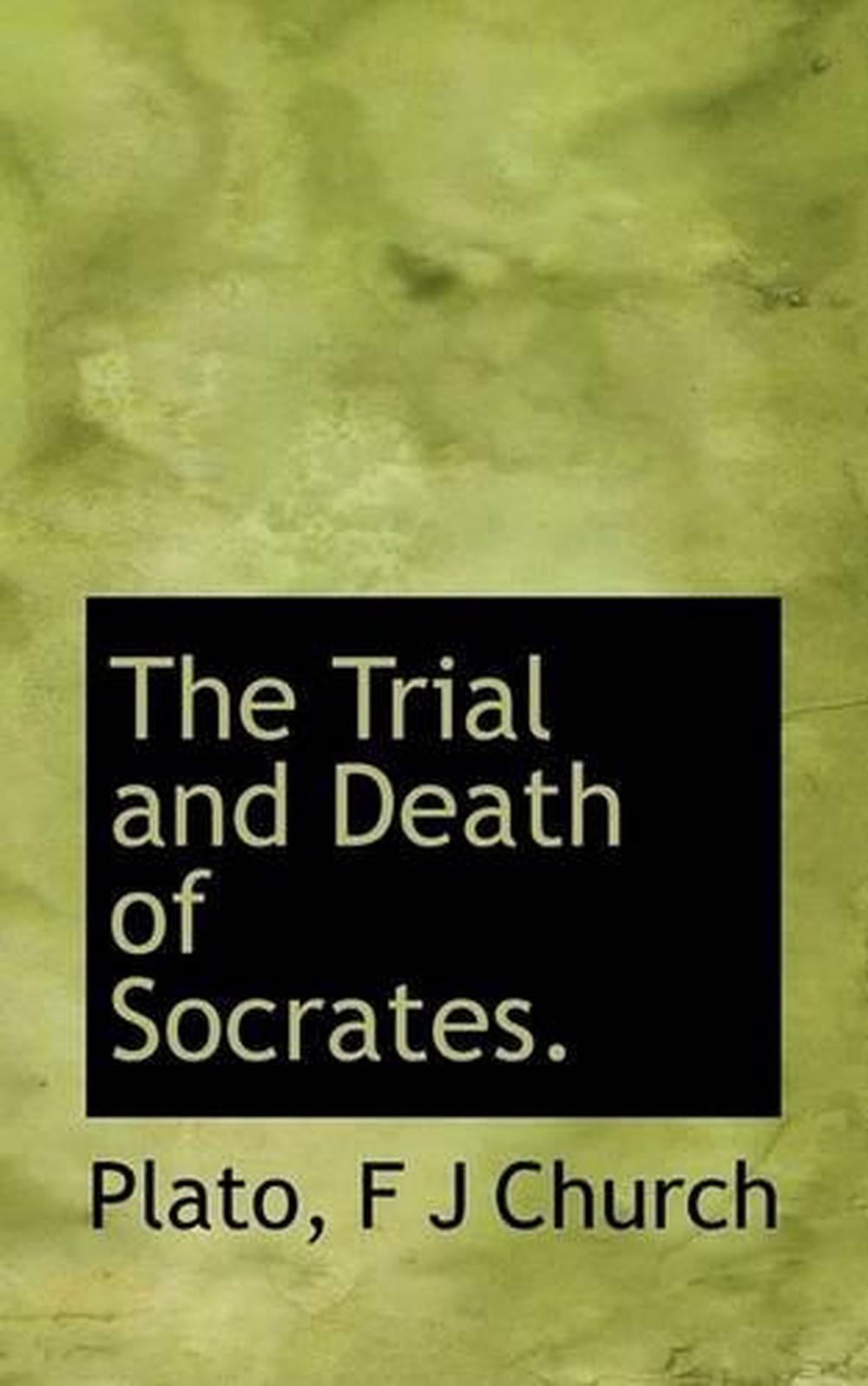


Socrates suggests that Athenians have failed to recognize that there were various types among the new educators of fifth century Athens – orators, sophists, natural philosophers and, perhaps, a philosopher like Socrates. In this paper, I argue that, given the historic educational transformation in Socrates’ and Plato’s lifetimes, Socrates’ denial is far more complex and far reaching than the Socrates-versus-the-sophists distinction indicates.

Many scholars have contended that, in having Socrates deny he is a teacher, Plato is primarily interested in distinguishing him from the sophists. Instead, he simply denies that he is a teacher. As Socrates stands on trial for corrupting the youth, surprisingly, he does not defend the substance and the methods of his teaching. Plato’s Apology of Socrates contains a spirited account of Socrates’ relationship with the city of Athens and its citizens.


 0 kommentar(er)
0 kommentar(er)
